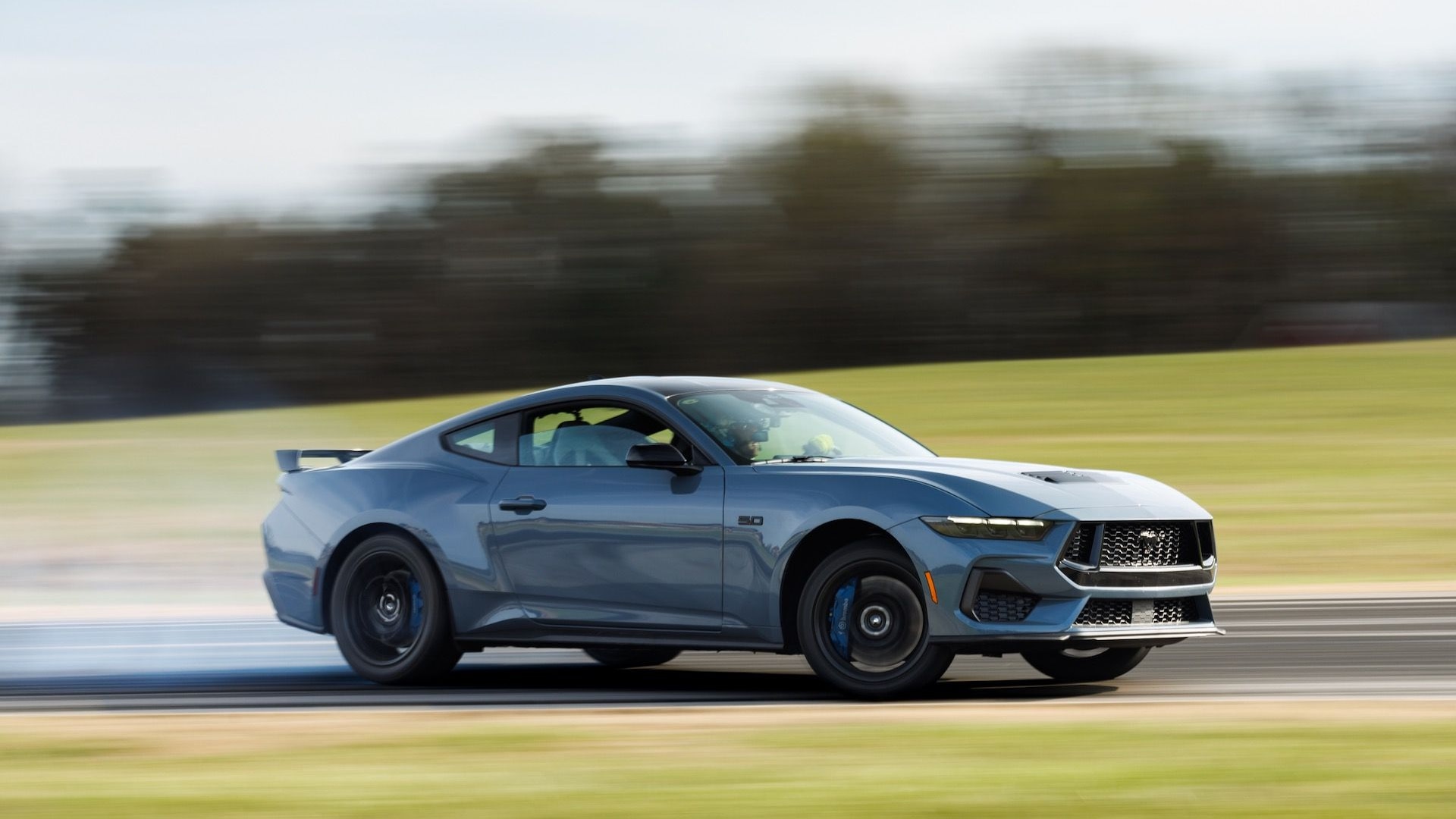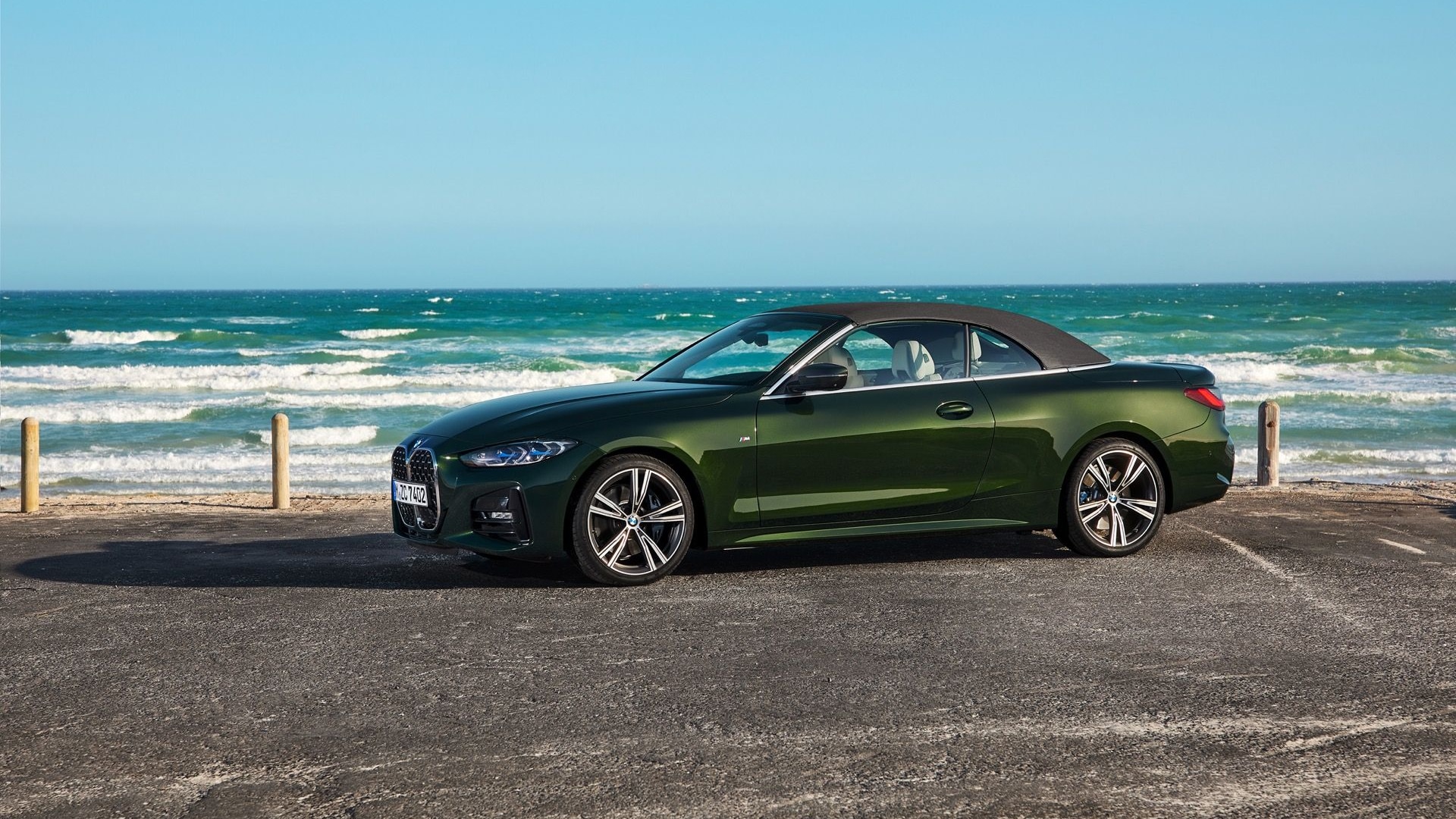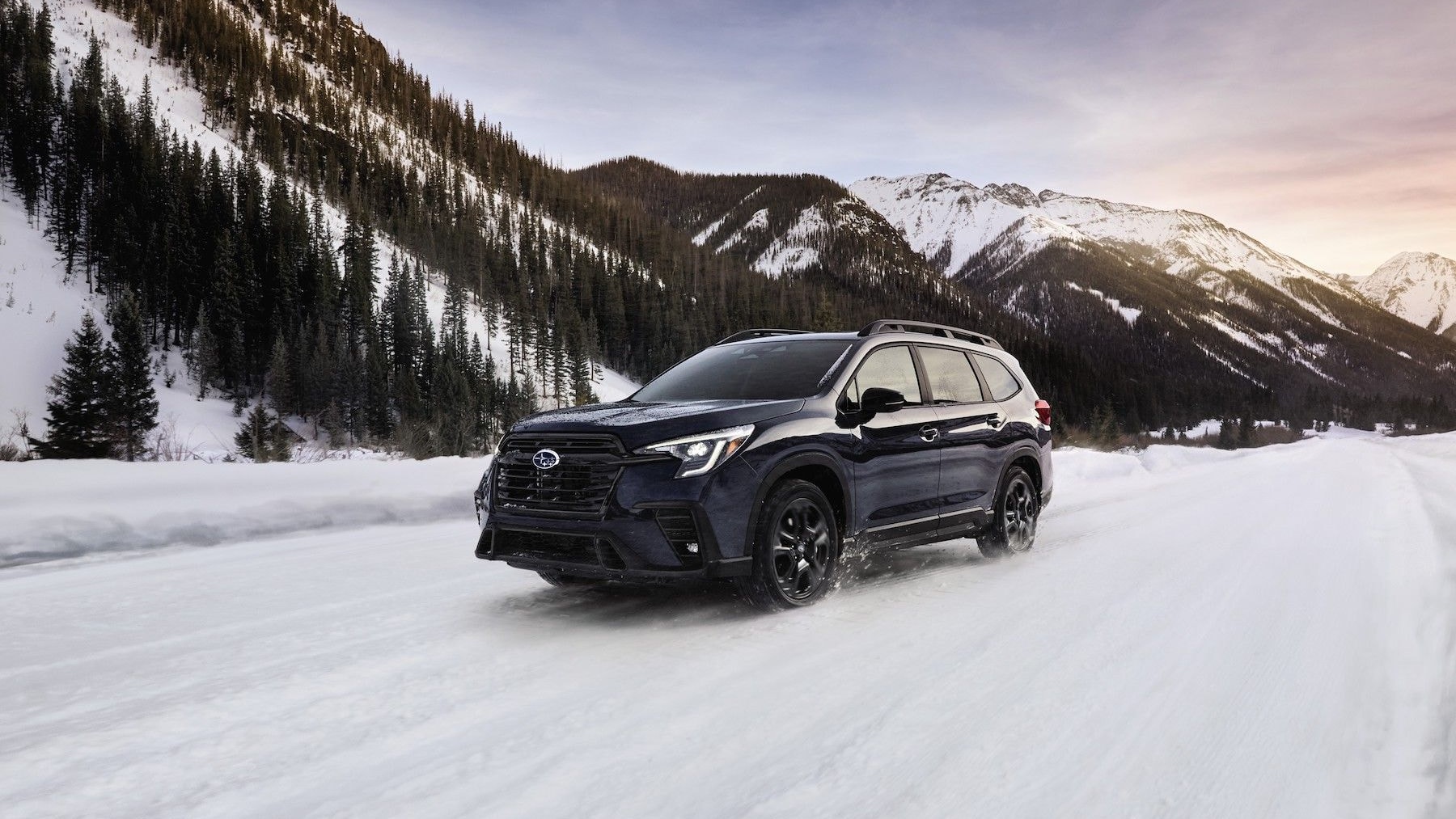Despite Australia’s expertise in RWD design, the weak U.S. dollar means it’s no longer economical to engineer cars down under. Instead, Ford will develop the car in the U.S. although there will be plenty of input from the Aussie division.
"On rear-wheel-drive, as we have already stated, we are working on a new platform and portfolio of vehicles," Derrick Kuzak, Ford's global head of product development told The Detroit News. "We will have more to say in the future."
The move to rejuvenate Ford’s RWD heritage is also designed to appease a segment of the market which is clamoring for RWD cars, including large markets in China, the Middle-East and the U.S. While luxury giants such as Mercedes and BMW have insisted on RWD for years, the success of large American rear-drivers from Chrysler, such as the much touted 300C, has only recently prompted Ford into action.
"Americans have had 28-plus years of being hit over the head with the idea that front-wheel-drive is better, but there are segments of the market -- here and abroad -- that want rear-wheel-drive," auto analyst Jim Hall explained to reporters. Hall also added that Ford would be smart to import the next-generation Falcon sedan but that car is still more than four years away.
Ford has a number of major problems on its hands. Not only will the new range have to compete with cars like the new G8, Challenger and upcoming Camaro, but tough new fuel-economy standards will also have a major effect on the success of the cars.


